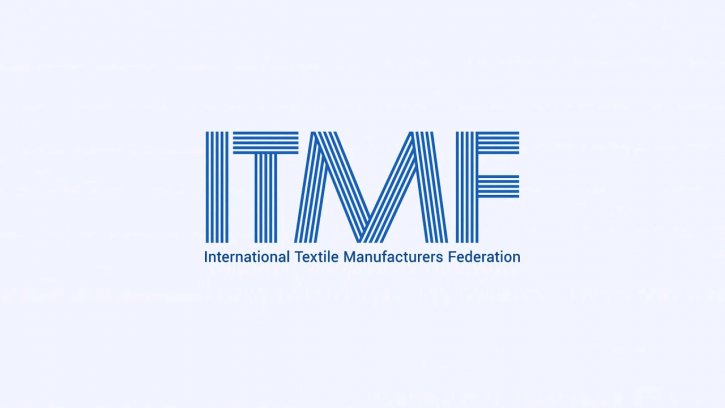
Closure of Schoeller Textiles in Switzerland
Lack of orders and high costs still impacting profit margins.

24th June 2024
Innovation in Textiles
|
Zurich, Switzerland
The May 2024 Global Textile Industry Survey from the Zurich-based International Textile Manufacturer’s Federation (ITMF) indicates a continued stagnation in the global textile business climate.
More companies, however, deemed business “satisfactory” compared to the last survey in March, but this is believed to reflect optimism rather than actual improvement – the entire supply chain is suffering from a lack of orders and high costs that are impacting profit margins.
The balance between “good” and “poor” order intake has improved slightly, and expectations for order intake in six months from now are trending upwards.
Since summer 2023, order backlog has fluctuated to around two months on average, rising slightly from 1.9 months in March 2024 to 2.1 months in May, although it is too early to interpret this as a positive trend.
The reported average capacity utilisation rate increased marginally to 71% in May 2024, after declining from a peak of 80% at the end of 2021. Survey participants expect better capacity utilisation in six months’ time.
Weak demand has remained the main concern since September 2022, with high raw material prices, geopolitical impacts, high energy prices and a lack of workers and talent also causing problems.
Globally, 58% of respondents to the survey did not experience any order cancellations in May 2024, slightly down from 59% in March. Africa and Europe had relatively low order cancellations, while the Americas experienced more, with spinners and finishers/dyers/printers reporting the highest levels.
In May 2024, 59% of companies reported average inventory levels. North America registered the highest levels among the regions, and spinners among the segments. Inventories at brands and retailers remain high but are slowly decreasing. The prolonged negative business cycle often forces companies to produce at a loss or lower capacity utilisation, with no significant change expected in 2024.

Business intelligence for the fibre, textiles and apparel industries: technologies, innovations, markets, investments, trade policy, sourcing, strategy...
Find out more